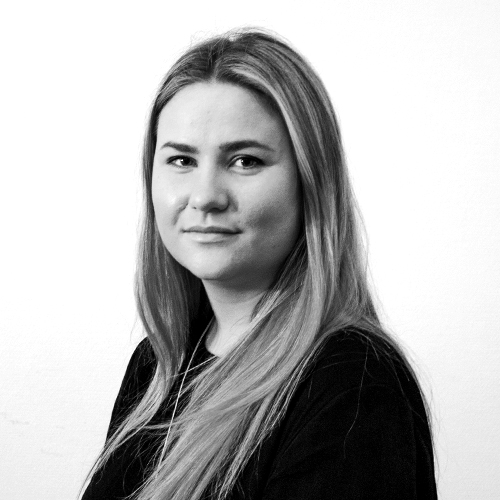There Is No AI Without Data And No Data Without Ethics
AI, data, and ethics. Can you have one without the other?
We live in a time of great transformation. Immersive technologies, such as Artificial intelligence (AI), is becoming an integral part of everyday lives. Big multinational companies dedicate large parts of their budgets for the development of AI technologies that can process and use costumer data. Furthermore, as more and more activities take place online and data-driven technologies are created, issues such as our digital footprint and how to reduce and manage it have become a focal point in the debates on AI and data ethics, and it leads to several questions to consider: How much do data-driven technologies like our smart phones or smart homes really know about us? Have our data been harvested somewhere and used for someone else’s benefit? Who has the right to keep and benefit from our data? How do the companies collect, handle, and use our information? How do we take control of our own data?
Is ethics relevant to AI?
DataEthics and Dansk IT open the doors to the European Forum on AI & Data Ethics 2020 conference with a bold statement: there is no AI without data and no data without ethics.
- “We believe that there are enormous opportunities in data as well as in AI, and that in Europe we will benefit considerably from the digital revolution if we handle data in a responsible way. That is why this year’s conference focuses not only on data ethics but also on the opportunities of AI in relation to ethics. We want as many concrete examples on the table as possible,” says Pernille Tranberg, Co-founder of DataEthics.eu and the co-organizer of European Forum on AI & Data Ethics 2020.
So, is it fair to say that you cannot deal with AI and not consider the aspect of data, and when dealing with data, ethics is unavoidable? Well, not everyone appears to agree. If you ask Dan Rose Johansen, who will be speaking at European Forum on AI & Data Ethics 2020, ethics is not relevant to AI. Johansen claims that ethics is always important, but it does not matter if AI is in the picture or not. As he states, it is the domain that determines the need for ethics, not the underlying technology, which may in some cases happens to be AI.
The first hybrid conference about AI & Data Ethics
Why is IKEA and other multinational companies betting on data ethics? Is data ethics becoming a competitive advantage? How do you work with AI in practise and embed ethics from the very beginning? Is it okay to use AI to predict how children grow up - and in such case how? Why is it that a Danish telco will not sell anonymized data, when competitors in other countries see it as a new business opportunity? These questions will be debated and answered on the 21st to 22nd of October in Copenhagen, when the organisation for private and public IT professionals, Dansk IT, and the thinkdotank DataEthics.eu will host their fourth annual European AI and Data Ethics Forum conference.
With keynotes from IKEA, World Federation of Advertisers, UNITY, and Forbrukerrådet in Norway (the world famous consumer watchdog), among others, there will be lots of new, thought provoking and inspiring input. While Vera Heitmann from IKEA Retail will tell her journey so far in redesigning the digital experience through the lenses of data ethics, Finn Myrstad from Forbrukerrådet will zoom in on their work with and against the adtech industry and internet of things. Furthermore, Dan Rose Johansen, who is an AI-doer and not just a talker, will provoke us with his question: Is ethics relevant for AI? These are just some of many interesting people, whom you will meet at the conference.
On the first day, the focus is on machine learning (ML) and AI. The main theme of the second day is data ethics (though ethics will play an important part in several discussions on both days). Since every company and public authority seem to need a chatbot these days, we will of course discuss new generations of chatbots. Moreover, we will dive down into concrete examples of using AI and ML with learnings from Datamaga, Paperflow, SAP, and Saidot. Finally, we will see if the data ethics approach of the companies such as Viggo, Nuuday and Nextcloud has an impact on the revenues.
The conference is held over two half days. For the first time, it is hybrid in the sense that you can now participate onsite or over live streaming. Whether you choose the one or the other, you will be given free access to all presentations and discussions on demand.
For more information on the conference, please visit our website:
Conference hashtag: #NoDataWithoutEthics

